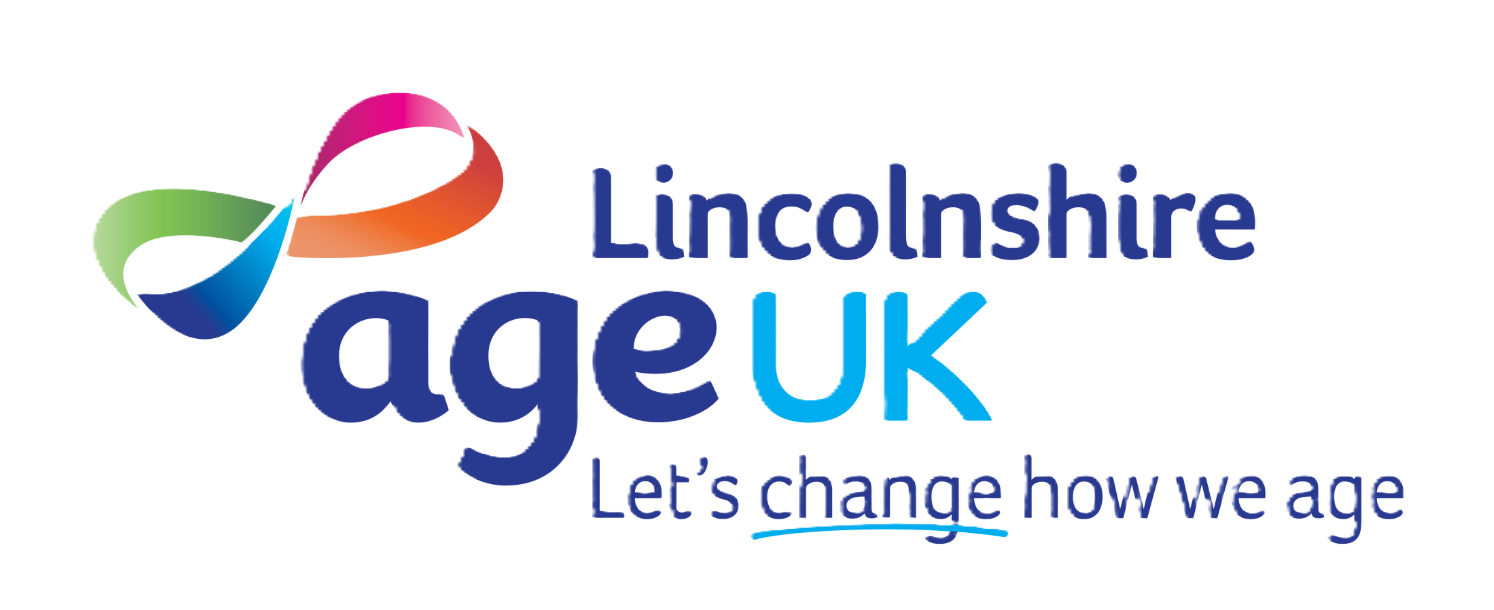Guest accommodation between four to six months
Between 4-6 months into the agreement, hosts and guests are being encouraged to have an open and honest conversation about intentions and next steps.
If this has not happened yet in your arrangement and you have been staying with your host for several months, we encourage you to have this conversation. Each arrangement will be different and it may be that your host is happy for you to continue to stay with them (or in their accommodation) for a longer period of time. Where this is the case, this is always going to be the best option for you.
We ask you to email homesforukraine@lincolnshire.gov.uk regarding your plans so we can update our records and support you should you need it.
Guest accommodation - six months and beyond
Government guidance for hosts and guests sets out the options available to Homes for Ukraine guests and sponsors/hosts who need to end the arrangement after six months.
Some options available to guests are:
- Where possible, continue in the existing arrangement
- Where the existing arrangement cannot continue, a guest can find a new host in or out of Lincolnshire. Many people are finding re-matches through faith groups, other community groups, their work or your current host. If you find a new host this way, please email homesforukraine@lincolnshire.gov.uk with details so we can start the necessary checks. The organisations below can also help with finding a new host in other areas of the country. You can also find more advice on how to find a new host within the Government guidance. If you are unable to find a new host yourself, please email homesforukraine@lincolnshire.gov.uk.
- Where a guest is considering independent accommodation, they can look to rent private accommodation in or out of Lincolnshire (see below for more information)
- If it is safe and they wish to do so, guests can return to Ukraine (which we are finding that some guests are choosing to do). Please inform homesforukraine@lincolnshire.gov.uk if you intend to do this.
- Social housing has a very long waiting list and families can wait many months to be offered a property and, when offered, it may not be in the area you want to live. If you would like to discuss this option, please email homesforukraine@lincolnshire.gov.uk
Whatever your next steps are please email homesforukraine@lincolnshire.gov.uk to inform them of your intentions.
Model licence/tenancy agreements for hosts and guests
Some hosts find it useful to sign an agreement with their guests so everyone is clear on the terms of their stay. This can help with setting boundaries and outlining dos and don’ts for both parties. Certain mortgage lenders may also ask for an agreement to be signed (check with your lender).
If your guests are sharing accommodation with you, for example using guest bedrooms and sharing a kitchen with you, the Excluded Licence Agreement is most suitable:
- Excluded Licence Agreement:
If your guests are living in self-contained accommodation (such as a holiday let) then the Excluded Tenancy Agreement is most suitable:
- Excluded Tenancy Agreement:
Privately rented accommodation
You can look for privately rented accommodation anywhere in the UK, it does not have to be in Lincolnshire. The cost may vary depending on the area you are considering on living. Other costs for a property include council tax, gas and electricity bills, and water bills. Most properties are unfurnished, and you will need to provide your own furniture and other household items.
Ordinarily, a household on a low income would not be considered unless they were able to provide a guarantor. If you cannot provide a guarantor, (a guarantor is someone who will pay your rent if you do not) you may need to pay up to 6 months’ rent in advance.
As a general rule, an applicant would need to evidence an annual income of 30 times the monthly rental amount (i.e. If a property were advertised at £800 per month, the applicant would need to evidence an annual income of £24,000).
If a landlord or agent is willing to let you apply for a property you will normally be asked to pay a holding deposit (usually the equivalent of 1 week’s rent).
You must be able to prove that you a right to rent a property in England, to do this you will need a share code. You can find guidance on what else is needed here.
If after all referencing checks have been successfully completed, you will be offered a date to sign the lease (usually a 6-month assured tenancy agreement).
At this point you will have had to have paid a month’s rent in advance and a deposit (typically the equivalent of 5 week’s rent).
You may be entitled to assistance in the form of the housing element of Universal Credit.
You can find more advice on renting within the link above or via the links below.
How to rent in England
Do you want to know more about renting in England? The government's information on living and renting in England is available to download at www.gov.uk.
For guests who are hoping to rent their own property in England, below are some tips from other Ukrainian guests that have already been successful in signing a tenancy.
Moving into rental accommodation – registering with utility companies
We know that some guests are now starting to move into their own rental accommodation and will need help registering with utility companies. We hope the information and links below are useful and recommend contacting the Citizens Advice consumer helpline for further help and support.
Council Tax
Council Tax is a tax which goes to local councils to pay for local services such as schools, police and social care. Homes For Ukraine guests who move into privately rented property or a home of their own will become liable for paying Council Tax.
Council Tax requirements can vary depending on who is living in the household and their circumstances, including their immigration status. If all people living in a rented property have Homes For Ukraine visas, then the group may be eligible for a 50% discount on their Council Tax. Council Tax is collected by district councils - if you have any questions about your Council Tax you should contact your local district council in the first instance.
The national guidance about Council Tax is published here within the Homes For Ukraine guidance for guests.
Social housing
Council housing is when you rent from the local council or a housing association. It is sometimes called social housing.
Social housing is allocated on a needs basis with homeless families being a priority. Each local housing authority has their own waiting list and you may have to wait for a long time. Depending on your need, it can take many months to be considered for a social housing property and it may not be in the area you would like to live.
You can however apply for social housing at any time. You can find your local housing authority by using your postcode: Find your local council (www.gov.uk).
You may be considering relocating to another city or region due to a number of reasons such as family and friends, established communities, or employment opportunities. However, it is important that you are aware of your rights and entitlements regarding access to housing, particularly in respect to having a “local connection”.
General advice on housing and homelessness
These organisations can give you general independent advice about housing and homelessness:
What to do if you become homeless
In the unlikely event that you are asked to leave your host accommodation immediately, have nowhere else to go and need assistance, you can contact your local District Council Homeless Team.
Please also contact homesforukraine@lincolnshire.gov.uk so we can support you with your options.
Checklist for moving accommodation



